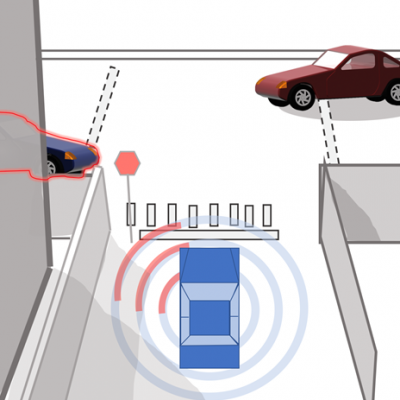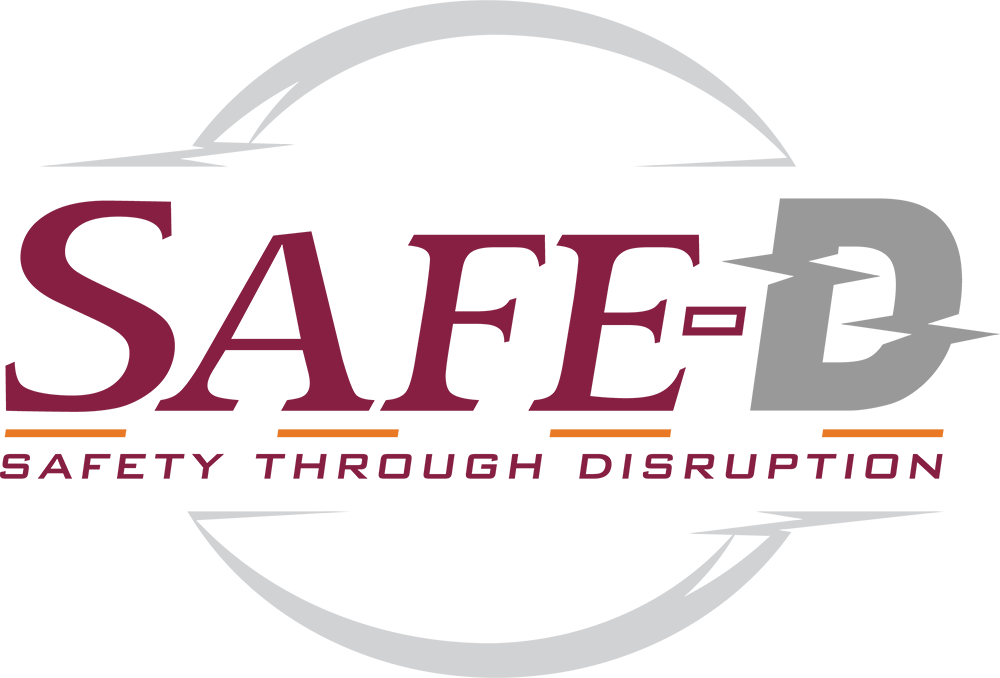
Abstract
Data shared over connected vehicle technologies (CVT) may provide a variety of performance benefits to transportation. CVT could improve safety as events unfold; however, although previous work has characterized some of the potential advantages of connectivity on human operated vehicles, the impacts of connectivity on automated driving systems (ADS) is not well established. The purpose of this proposed effort is to conduct a focused effort which leverages the SHRP2 Naturalistic Driving Study to estimate the potential impact of connectivity on safety for future on automated driving systems (ADS) in transportation. The research team will identify and reconstruct conflict events in the SHRP2 NDS. The team will then simulate the events with a simple model of an ADS both with and without CVT. Comparisons between the results of the simulations with and without CVT will shed light on the potential safety benefits of CVT when incorporated into an ADS. The research team will expand upon these preliminary results and conclusions by developing a more sophisticated simulation environment in which the safety benefits of several ADS models, with and without CVT, will be evaluated.
Project Highlights
- This project identified and measured three key safety metrics that can be used to determine the safety benefits of ADSs.
- This project was selected to be presented at the 2021 Virtual Honda Student Session by the student working on this project. This project also serves as a chapter of this student’s dissertation.
- A variety of simulation software was evaluated to be used in the graduate course, “BMES 5984 – Advanced Vehicle Safety Systems R&D”, and one was chosen based on its ease of use and effectiveness for future class projects.
Final Report
EWD & T2 Products
A portion of this project was used to compare different simulation software to be used in the course “BMES 5984 – Advanced Vehicle Safety Systems R&D”. Course module on how to use the simulation software, CarMaker can be found here.
This project led to a chapter of a student dissertation.
This project was presented by Eileen Herbers in the class “ESM 5004 – Scientific Communication in Engineering Mechanics” for a final presentation in May 2021. The presentation was used as practice for how to effectively communicate a complicated topic within 5 minutes. There were about 20 people in attendance.
This project was presented during the Introduce A Girl to Engineering Panel event. Student leaders were invited by the Women in Transportation Seminar (WTS) to speak on a panel to high school girls interested in transportation careers in which Eileen talked briefly about this project on 2/24/22.
A mathematical model to determine the lowest deceleration value to prevent a crash was used in this project and can be used in future methods to determine the time-to-collision, as well as other safety measures.
Student Impact Statement – Elieen Herbers (pdf): The student(s) working on this project provided an impact statement describing what the project allowed them to learn/do/practice and how it benefited their education.
Presentations/Publications
NADS Driving AssessmentL Honda Student Session [Conference Presentation] Virtual, July 23, 2021, 15min, Students and stakeholders of the conference, https://drivingassessment.uiowa.edu/past-conferences/driving-assessment-2021-virtual
Research Investigators (PI*)
Loren Stowe (VTTI/VT)*
Thomas Gorman (VTTI/VT)
Reginald Viray (VTTI)
Zac Doerzaph (VTTI/VT)
Eileen Herbers (VT-Student)
Adam Novotny (VTTI/VT-Student)
Project Information
Start Date: 2019-03-10
End Date: 2022-05-10
Status: Completed
Grant Number: 69A3551747115
Total Funding: $339,249
Source Organization: Safe-D National UTC
Project Number: 04-120
Safe-D Theme Areas
Connected Vehicles
Automated Vehicles
Safe-D Application Areas
Vehicle Technology
Risk Assessment
Infrastructure Technology
More Information
Sponsor Organization
Office of the Assistant Secretary for Research and Technology
University Transportation Centers Program
Department of Transportation
Washington, DC 20590 United States
Performing Organization
Virginia Polytechnic Institute and State University
Virginia Tech Transportation Institute
3500 Transportation Research Plaza
Blacksburg, Virginia 24061
USA
